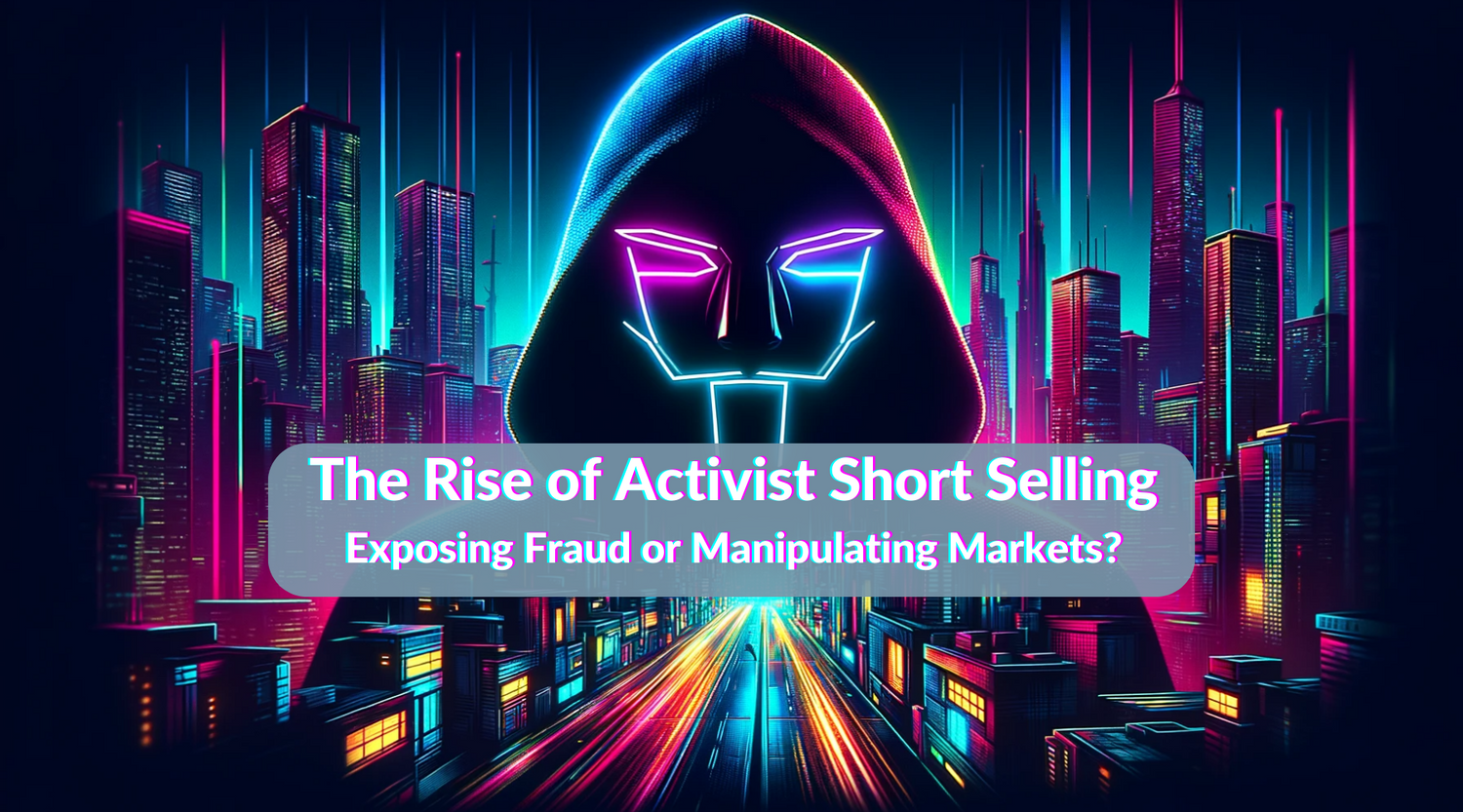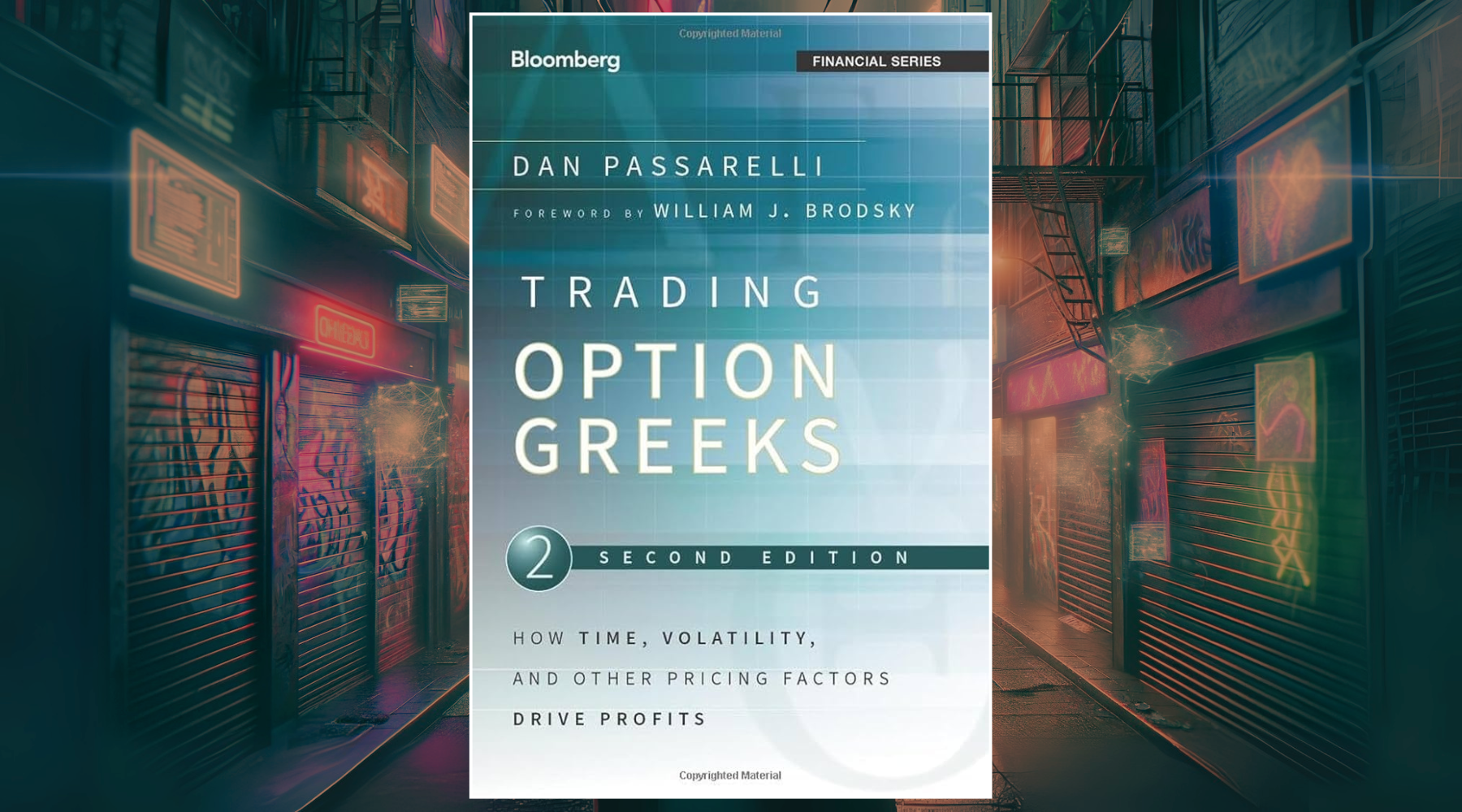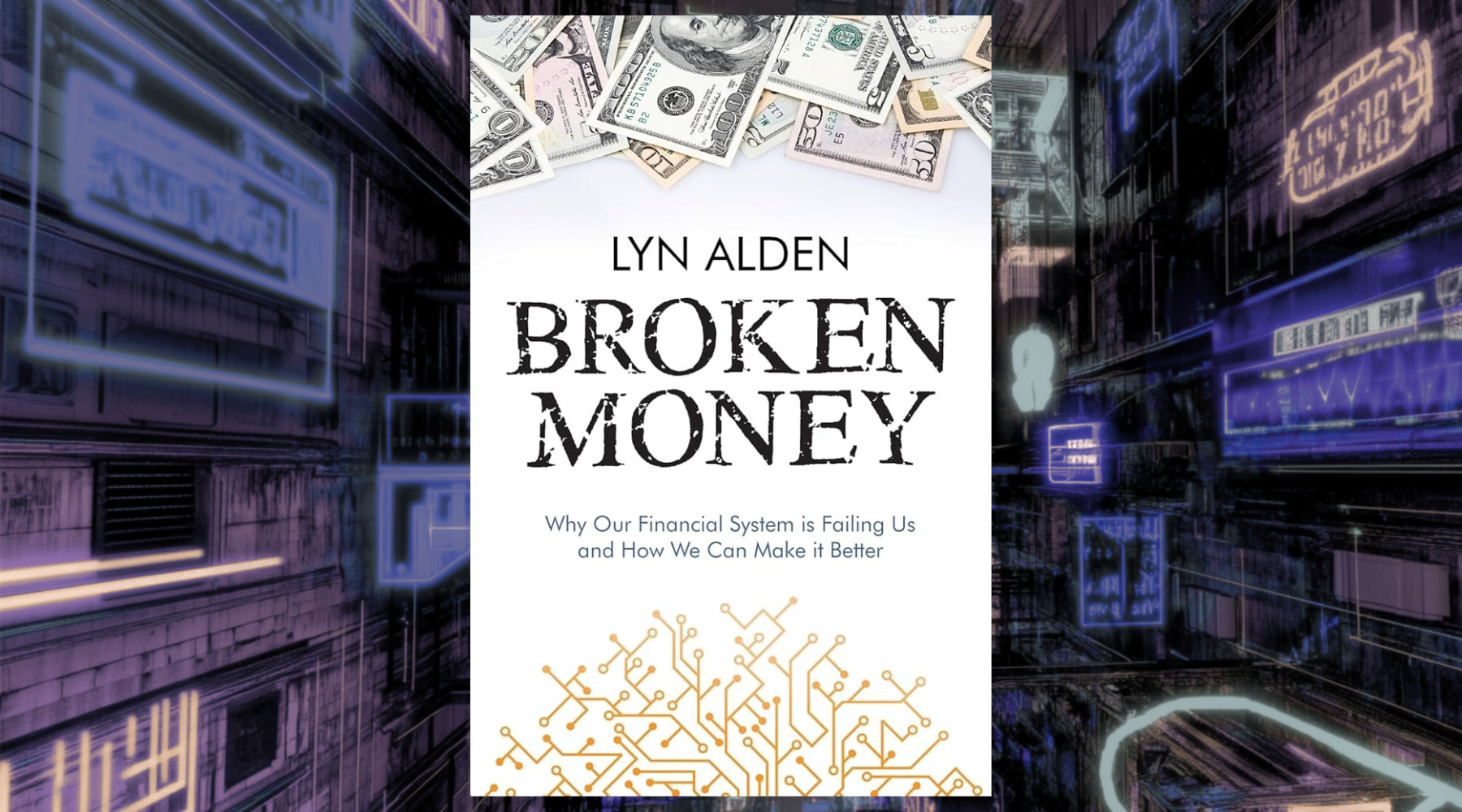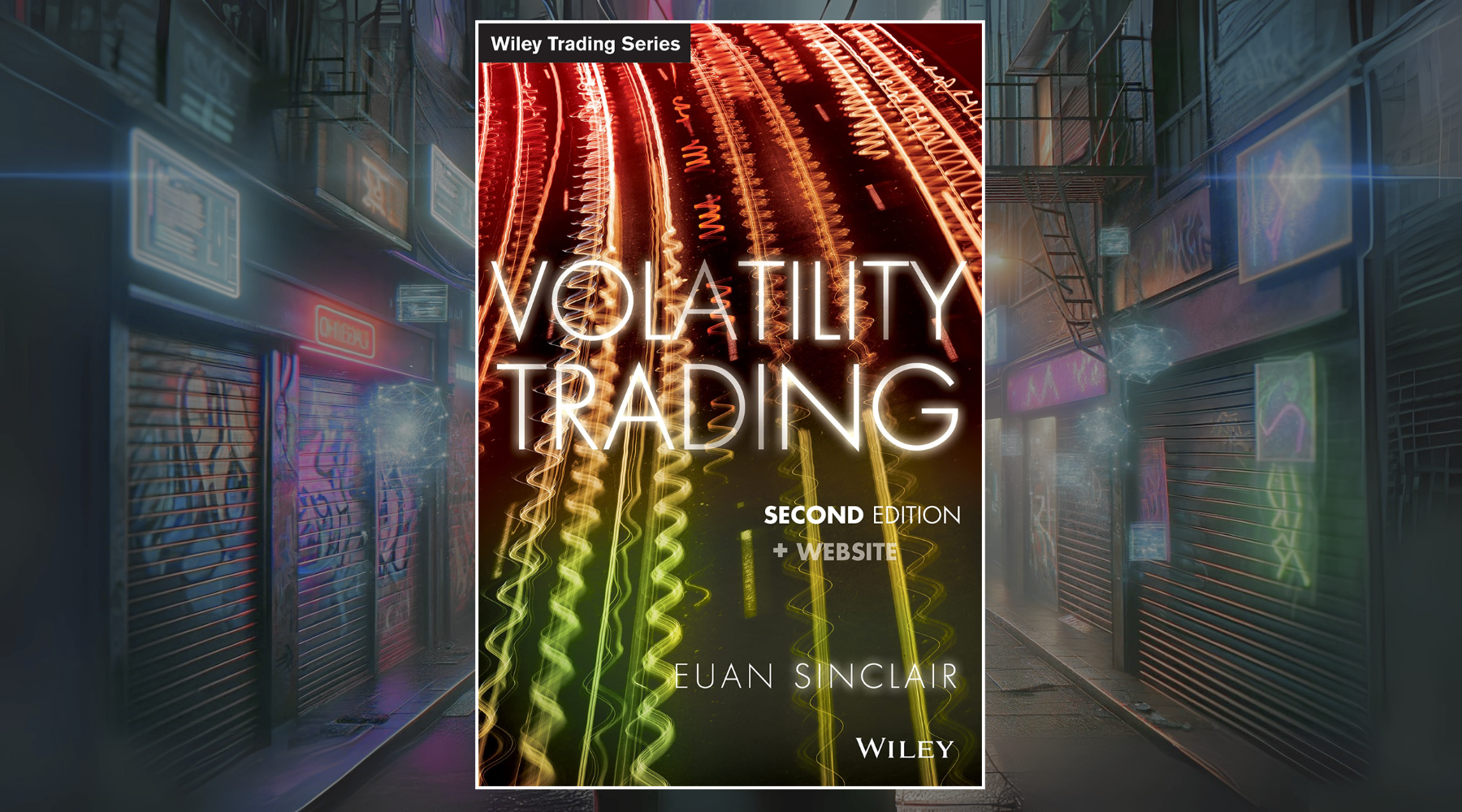What is Activist Short Selling?
Activist short selling refers to investors who take aggressive short positions in stocks they believe to be overvalued or fraudulent, with goals that go beyond profiting from a declining share price. Activist short sellers combine standard short selling tactics with publicity campaigns aimed at exposing flaws in companies they're betting against.

While standard short sellers simply borrow shares of a company and sell them at the current price, hoping to later repurchase those shares at a lower price in order to replace what they borrowed, activist short sellers take additional steps to push stock prices down further. These aggressive investors conduct detailed research intended to uncover problems with a company's products, finances, or management. They then publicize the negative information through reports, social media posts, and press statements to convince the market the company is headed for trouble.
The goal of activist short selling is twofold. Firstly, short sellers aim to profit from the stock price decline that they precipitate by betting against the company. Second, activist short sellers often claim noble motivations like exposing corporate fraud that regulators missed or shedding light on harmful companies. However, others criticize the practice as manipulative and unethically profiting off damaging businesses through rumor-mongering.
activist short sellers in the News
Activist short selling regularly makes headlines as investors declare new short targets and besieged companies fight back. Some recent high-profile examples include:
- Manuel Asensio - The legendary short seller is best known for spots on companies like Diana Corp and Janus back in the 1990s. However, he recently targeted pharmaceutical company Cellect Biotechnology in 2017, accusing leadership of misrepresenting clinical trial data about the company's skin cancer products. The company's share price plummeted after Asensio's public campaign.
- Fahmi Quadir / Safkhet Capital - This short activist made a name for herself exposing Wirecard's $2 billion accounting scandal. She used Twitter and gave press interviews to convince markets the German fintech company was faking financial statements. Safkhet Capital is estimated to have pocketed over $100 million from wagering Wirecard was a fraud.
- White Diamond Research - This mysterious short firm cropped up in 2022 with allegations that medical tech company Siyata Mobile falsified statements about deals with customers. Through press statements and social media fusillades, WDR continues trying to push the company toward insolvency.
These prominent activists demonstrate aggressive, even brash tactics - making bold accusations, attacking management integrity, and launching coordinated media blitzes alongside short bets. Their reports can prompt massive sell-offs, as other investors are left to determine whether shocking claims are accurate or self-interested manipulations.

Evaluating formula for book value Claims
With activist short sellers often lobbing explosive accusations in order to profit from ensuing panic, investors are right to approach the allegations with skepticism. However, while self-interest motivates shorter sellers, many of their claims prove accurate when dissected further. There is no foolproof way to immediately judge every short thesis, but analysts suggest using the below checklist when evaluating activist shorter claims:
- Verify report details - Do the supposed smoking guns, whether dodgy financial statements, shady dealings, or proof of product flaws, seem credible on closer scrutiny?
- Research track record - Has the short seller or research group made prior accurate claims? Many build credibility by uncovering real wrongdoing.
- Assess company response - Does the business refute criticisms effectively with evidence, or just dismiss them as manipulations? Measured responses grounded in facts help undermine shorter accusations.
- Know there are gray areas - Not all shorter claims will be completely true or false. Evaluate which parts seem valid versus exaggerated or misleading.
Of course most investors lack resources to exhaustively examine short sellers' points. But keeping grounded skepticism, rather than knee-jerk panic or dismissal, allows for judicious consideration of shorter allegations while the facts shake out further through reporting and regulatory reviews in ensuing months or years after the initial explosive claims.
Deciding whether markets overreact or underreact to newly public short theses continues to challenge everyday investors and regulators alike.
Short Selling Regulations
Given the power of Activist short selling reports to create stock volatility and inflict damage, calls have increased over the years for greater regulation around the practice. Rules differ across global markets regarding activist shorter disclosure requirements, timing mandates around making allegations public, and outright bans in extreme cases. Current short selling rules include:
Mandatory disclosure - Activist short investors in markets like the EU, UK, and US must publicly reveal short equity positions above certain thresholds in companies targeted for allegations. This allows other investors to judge if accusations may be self-serving.
"Put up or shut up" rules - Some authorities require allegations be filed shortly before or after a short position becomes public. Shorters cannot spread claims for weeks before markets know they stand to profit off related stock drops.
Short selling bans - Exchanges will occasionally ban short selling completely around a specific stock suffering severe declines. Both the London Stock Exchange and Italy's regulator introduced temporary short sale prohibitions during volatile periods for embattled financial companies in 2008 and 2020 respectively.
Proponents argue more transparency and constraints limit market manipulation, while critics counter that overregulation dampens financial analysis and price discovery that exposes corporate misdeeds. Ongoing fiery debate continues around balancing Activist short selling's power for good versus harm.
The Future of activist short selling
While short selling itself dates back centuries, activist short investors wielding public relations barrages to take on corporate titans feels like a newer phenomenon that continues evolving. Given some spectacular successes revealing massive frauds coupled with today's hyper-connected digital media landscape, activist short selling likely garners more attention and impact than ever, even with its questionable tactics.
Looking forward, investors should expect:
- Continued prominence - The formula of orchestrated negative PR campaigns combined with trading financial instruments like options and equity shorts that pay off in dubious company's demise has been proven too effective to imagine activists backing off voluntarily any time soon.
- New loud voices - Social platforms like Twitter and Substack enable single actors or small groups to garner influence like never before. Expect newly emerging players following models like Carson Block of Muddy Waters Research and Fahmi Quadir of Safkhet Capital to grab attention with salacious short ideas.
- More scrutiny - While already subject to disclosure rules in developed markets, regulators seem likely to evaluate further constraints around timing and transparency of short allegations. However, reining in free speech too tightly risks limiting analysis around real corporate problems.
The rise of online media and democratized communications channels have created the perfect ecosystems for blistering attacks on publicly traded companies and viral speculation gone awry. Activist short sellers have shown enormous power for surfacing critical issues around companies, but also potential for spreading misinformation that unfairly craters viable businesses. Ongoing debates in boardrooms, legislatures, and Twitter feeds seem destined to continue flaming around this potent wild mix of trading, free speech, and regulation.
To learn more about short selling, check out this book summary of Sold Short, by the great activist short seller, Manuel Asensio:








